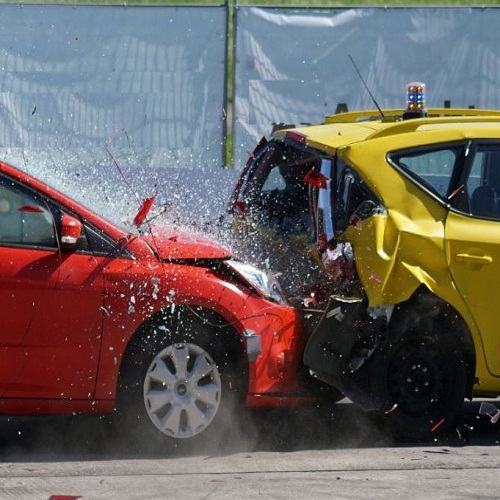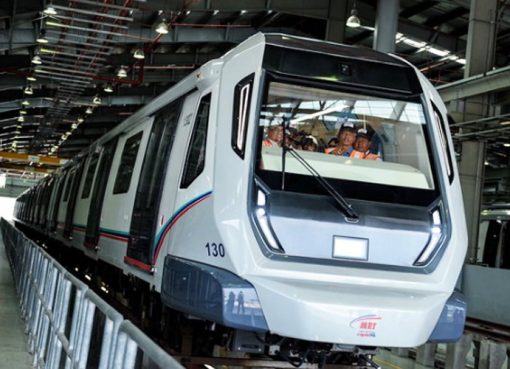Assisted driving systems installed in Tesla, Hyundai Motor and Subaru vehicles all failed to avoid head-on collisions in testing done by the American Automobile Association (AAA).

The organisation has backed these claims by the performance of assisted driving systems installed in Tesla, Hyundai Motor and Subaru cars in recent tests, in which all vehicles failed to avoid head-on collisions. Tesla’s Autopilot system, however, did slow the vehicle to a walking speed before striking an oncoming foam car model.
A fast-growing number of new vehicles are equipped with Automated Driver Assistance Systems (ADAS), which serves to partially automate functions such as steering, staying in a lane and braking. Tesla’s Autopilot is one of the best-known such systems, but most major automakers offer similar technology.
Regulators, automotive insurers and carmakers have long warned that ADAS systems cannot safely substitute for a human driver’s full attention, and these tests seem to support their claims.
All three tested vehicles detected and avoided hitting the dummy vehicles and cyclists travelling in the same direction, ahead of the tested vehicles, AAA said. Nonetheless, the Hyundai Santa Fe and Subaru Forester did not appear to detect or slow to avoid colliding with the foam dummy vehicle during a simulated head-on collision, AAA said.
Tesla’s Model 3, in contrast, did automatically hit its brakes when it detected the oncoming dummy car, slowing to 3.2 miles per hour (5km/h) or slower before colliding with the dummy car.
Tesla did not reply with comments on the study. Hyundai said in a statement it “is reviewing the findings in AAA’s report as part of our ongoing commitment to customer safety,” while Subaru stated that it is looking into the AAA test to understand the methodology and does not have a detailed response at this time.
Despite these results, many governments have gone ahead with approvals for tests of ADAS systems, or even driverless cars and buses. The UK itself has begun testing the first fully-autonomous bus in Scotland and approved legislation to avoid drivers of autonomous vehicles being considered responsible for crashes.
Source: E&T










